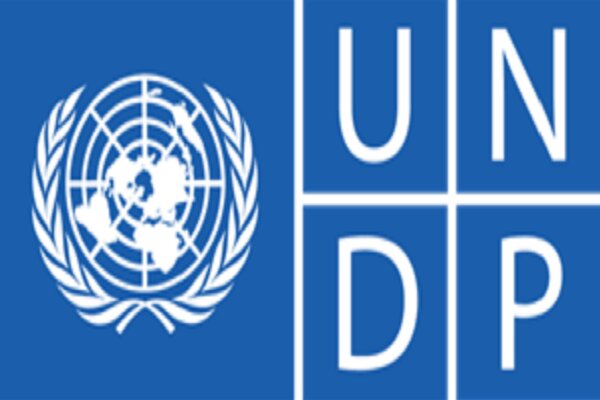
The Asia-Pacific region is lurching towards an era of unmet aspirations, worsening inequalities, and a steady erosion of democratic spaces. Rising global tensions, new technologies, and existential threats linked to climate change threaten to disrupt improvements in well-being the region has seen in past decades, says a new report from the United Nations Development Programme.
The 2024 Asia-Pacific Human Development Report, launched on 6 November, paints a qualified picture of long-term progress, but also persistent disparity and widespread disruption, foreseeing a turbulent development landscape and urgently calling for new directions to boost human development.
Titled Making our Future: New Directions for Human Development in Asia and the Pacific, the new report argues that unmet aspirations, heightened human insecurity, and a potentially more turbulent future create an urgent need for change.
While the region will account for two-thirds of global economic growth this year, income and wealth disparities are worsening, particularly in South Asia, where the wealthiest 10 percent control over half of total income. More than 185 million people continue to live in extreme poverty – earning below $2.15 a day – a number that is expected to climb higher following the economic shocks of the COVID-19 pandemic, says the report.
“The report underscores that to overcome existing challenges, we must prioritize investments in human development, with an understanding that each nation will tailor its own pathways to do so,” said Kanni Wignaraja, UN Assistant Secretary-General and UNDP’s Regional Director for Asia and the Pacific. “By fostering a people-first policy and smart growth strategies that put a high value on natural assets, we can pave the way for a future that is not only more secure and peaceful but also sustainable and prosperous for many millions more.”
To bring about that change the Report calls for three new directions in human development: to put people at the heart of development, to recalibrate growth strategies to generate more jobs and respect the environment, and to focus relentlessly on the science of delivery to turn ideas into practice.
With external market conditions becoming more competitive, a razor-sharp focus on competitiveness and diversification is essential. The Report highlights new areas of economic opportunity in the low carbon ‘green economy’ and in technologies, and the region’s rich marine resources that can be optimized and sustained through new technology and investment as part of the blue economy, which is especially important for Small Island Developing States.
UNDP is the leading United Nations development organization. Working with our broad network of experts and partners in 170 countries, we help nations build integrated, lasting solutions for people and the planet.
MNA




